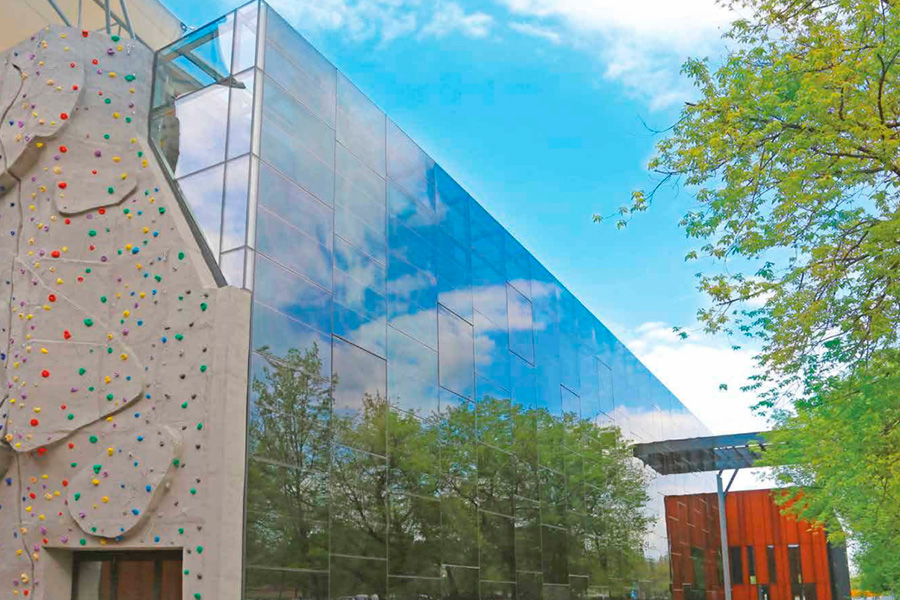1. European standards for BIPV systems
In 2016, European standards EN 50583-1 and EN 50583-2 for building-integrated photovoltaic modules and systems were published. These standards establish general requirements, including electrical requirements, building requirements, glass module requirements, and labeling requirements, as well as documentation, commissioning, and inspection methods.

2. ISO standard for laminated photovoltaic glass
ISO/TS 18178:2018 “Glass in building — Laminated solar photovoltaic glass for use in buildings” specifies requirements for appearance, durability and safety, as well as design and testing methods, for laminated photovoltaic glass applied in buildings.
3. Regulations related to building and energy efficiency
4. Advice on BIPV regulations
At BIREN, we help you understand and comply with all current regulations for integrating BIPV systems into your projects, ensuring safety and efficiency.
Want more information or personalized advice? Contact us.
What is the regulation for BIPV technology?
It is the set of rules and regulations that establish the technical, safety, and efficiency requirements for the integration of photovoltaic systems in buildings.